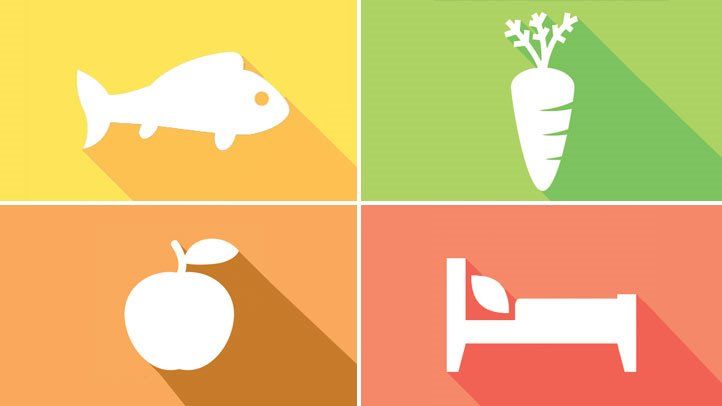Beyond Melatonin: Discovering Healthy Alternatives for Better Sleep

When it comes to improving sleep quality, many people turn to melatonin supplements. However, if you're looking for alternative options or prefer a more natural approach, you're in luck! In this blog post, we'll explore a range of healthy alternatives to melatonin that can help you achieve restful sleep without relying solely on supplements. From lifestyle adjustments to dietary choices, get ready to discover effective strategies for enhancing your sleep naturally.
Create a Sleep-Friendly Environment
Creating a conducive sleep environment is essential for a restful night's sleep. Start by establishing a regular sleep routine and ensuring your bedroom is cool, dark, and quiet. Consider using blackout curtains, earplugs, or a white noise machine to block out distractions. Additionally, limit screen time before bed and create a relaxing bedtime routine that incorporates calming activities such as reading, gentle stretching, or taking a warm bath. These simple adjustments can significantly improve your sleep quality.
Harness the Power of Herbal Teas
Herbal teas have long been used as natural sleep aids. Chamomile tea, known for its calming properties, can help reduce anxiety and promote relaxation. Valerian root tea has also been shown to improve sleep quality and decrease the time it takes to fall asleep. Other herbal options include lavender, passionflower, and lemon balm teas, which have soothing effects on the nervous system. Sipping on a warm cup of herbal tea before bed can be a comforting and effective way to prepare your body for a restful night's sleep.
Explore Relaxation Techniques
Incorporating relaxation techniques into your bedtime routine can help ease your mind and prepare your body for sleep. Practices such as deep breathing exercises, meditation, and progressive muscle relaxation can promote a sense of calm and reduce anxiety. Guided sleep meditation apps or recordings can be particularly helpful for those who struggle with racing thoughts at night. By dedicating a few minutes each night to relaxation, you can signal to your body that it's time to unwind and prepare for sleep.
Nourish Your Sleep with Nutritious Foods
Certain foods contain natural compounds that promote better sleep. For example, tryptophan-rich foods like turkey, nuts, and seeds can increase serotonin levels and aid in the production of melatonin. Complex carbohydrates found in whole grains, sweet potatoes, and legumes can also support the release of serotonin. Additionally, consuming foods high in magnesium, such as leafy greens, bananas, and dark chocolate, can help relax muscles and calm the nervous system. Including these sleep-friendly foods in your evening meals or snacks can provide natural support for a good night's rest.
When it comes to improving sleep quality, there are various alternatives to melatonin that can be both effective and enjoyable. By creating a sleep-friendly environment, sipping on herbal teas, practicing relaxation techniques, and incorporating sleep-promoting foods into your diet, you can enhance your sleep naturally and wake up feeling refreshed and rejuvenated. Experiment with these alternatives and discover the combination that works best for you, as everyone's sleep needs and preferences are unique. Sleep well and embrace the power of natural sleep solutions.
Want to Learn about other alternatives: How to Curb Sugar Cravings
Tired After Eating? Find out Why: "Is Falling Asleep After Eating a Sign of Diabetes?"